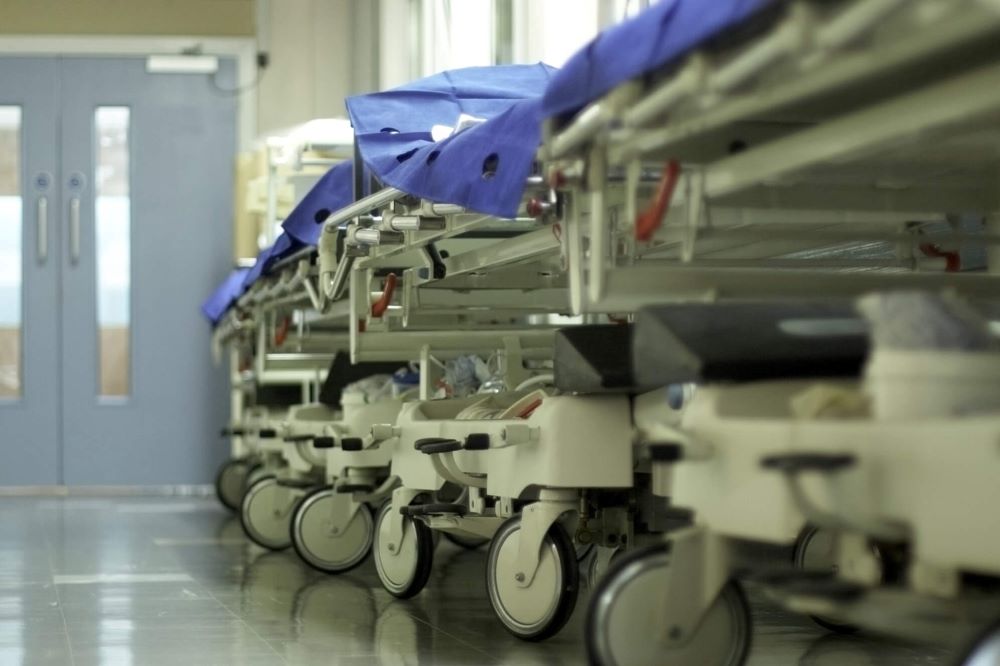To make a successful medical negligence claim, there are two key things your solicitor will need to prove: there has been a breach of duty of care towards you and causation.
In this guide, we take a look at what causation means, proving causation in medical negligence, and what a break in the chain of causation means.
What is causation?
Causation is the term used to refer to the reason, or cause, of injury or loss.
For example, if a hospital fails to diagnose a cancer, and as a result of which an individual misses out on treatment that might have helped them deal with the cancer, or even avoid a terminal diagnosis, the breach of the duty of care is the failure to diagnose, and the cancer becoming more serious than it otherwise might have been, is the causation.
There are two types of causation in medical negligence cases: legal causation and factual causation. Legal causation is determined on the ‘but for’ test – but for the negligence, would the injury still have occurred? Factual causation is proving that the injury was caused by the defendant’s failure.
How is causation proved?
It’s necessary to obtain medical evidence to confirm that an injury occurred as a result of the breach of duty of care. Sometimes, in complicated cases, it will be necessary to obtain a number of reports to prove this.
It is a common myth that, for a clinical negligence claim to succeed, it’s enough if the defendant admits a breach of duty. In fact, for a claim to succeed, it is necessary to prove that not only there was a breach of duty of care, but also that the breach resulted in avoidable harm. It is possible for a doctor to admit to making an error but then argue that the injury would have happened in any event.
Lawyers must look at causation hypothetically – what would have happened if the negligence hadn’t occurred?
Proving causation, also known as ‘establishing causation’, in medical negligence claims can be confusing and complex, which is why it’s important that anyone investigating such a claim should seek specialist advice. Our expert lawyers can provide free, no-obligation legal advice about making a no win, no fee medical negligence claim.
What if there are multiple causes?
For the claim to have a chance of succeeding, it is necessary to prove that the injury was caused by the negligence alleged. If there are five potential causes of the injury, the claim is highly unlikely to be successful as there is no way of proving that the negligence complained of was the most likely cause of the harm (or damage) suffered.
Causation in medical negligence cases is more important than in many other legal claims, such as a road traffic collision, because there is usually an underlying medical issue that has to be taken into account. In a clinical negligence claim, the negligence has to be separated from the claimant’s medical history to determine what difference, if any, the defendant’s action (or inaction) would have had on the claimant.
Sometimes, it’s not possible to prove which of several competing causes actually led to the injury because medical science is unable to determine this. When that happens, the injury is said to be ‘indivisible’.
If you have been affected by medical negligence, our specialist team would review your medical records and instruct the appropriate medical experts who can advise if the treatment you received was negligent and caused avoidable harm.
What does a break in chain of causation mean?
Breaking the chain of causation, known legally as ‘novus actus interveniens’, is when after a negligent act, something that couldn’t have reasonably been expected intervenes and worsens the effects. If the chain of causation is broken, it often means the defendant won’t be found liable, even if it can be proved they acted negligently.
An example of a break in the chain of causation is if A, who is driving, hits a pedestrian, B, and injured them, then the injuries suffered by B, are caused by the actions of A. However, suppose they are then taken to hospital and the hospital fails to correctly identify their broken leg, and as a result, they have problems walking in the future. It would be necessary to look at whether the hospital’s failure to diagnose the broken leg broke the chain the causation. In most cases, gross negligence is required to do so.



If you think you may have suffered from medical negligence, you may be entitled to pursue a claim.
Our clinical negligence team has helped thousands of people and their families through successful medical negligence claims. Take a look at just some of our clients and how we supported them here.
